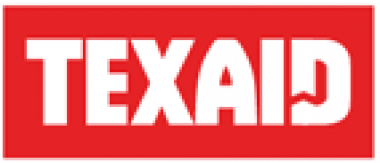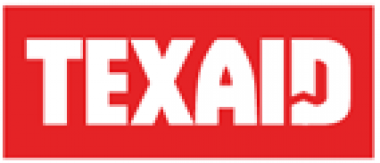TEXAID introduces recycled tote bag with a digital product passport
With the aim of increasing the use of post-consumer fibers in textiles, TEXAID launches a white tote bag. The fabric is a mixture of 50% used textile waste collected by TEXAID in Switzerland and Germany. At TEXAID's largest sorting facility in Apolda, Germany, white cotton textiles that can no longer be worn were sorted out and later spun, woven, and manufactured in Italy. Plastic waste makes up the other 50%. Unifi rescued this ocean-bound plastic waste and recycled it into fiber.
The cotton material was transformed into a fiber by Marchi & Fildi in Biella, IT, which was then spun into a yarn using recycled cotton and recycled polyester fibers. This yarn was woven into textile by Tessitura Casoni.T.F.C.. The care label and flag label were produced by the German company Bornemann-Etiketten GmbH, and an NFC chip from circular.fashion was also integrated into the product. All components were then assembled into this bag in Tuscany by benefit company Alisea Srl Società Benefit with their partner Paimex SRL and also screen printed with our design on it.
This NFC chip is a circularity.IDⓇ digital product passport, developed by the Berlin-based company, circular.fashion. By scanning the NFC chip on the bag with a cell phone, customers are redirected to the circularity.IDⓇ product platform. On this platform, they can find further information on the supply chain as well as instructions on how to refurbish or return the bag for proper recycling. Through this digital product passport, a total transparency over the entire bag production is enabled and for customers it is an easy and quick way to get the information they need.
The chip also allows the manual sorters to getthe product information much faster to make a better sorting decision, e.g. the fiber composition. For this purpose, circular.fashion's intelligent sorting stations are used to scan the chip. Several of these stations have been installed at TEXAID's sorting facility in Apolda, Germany, to facilitate optimized reuse and recycling decisions and ensure another life for the product or fiber.
TEXAID






























